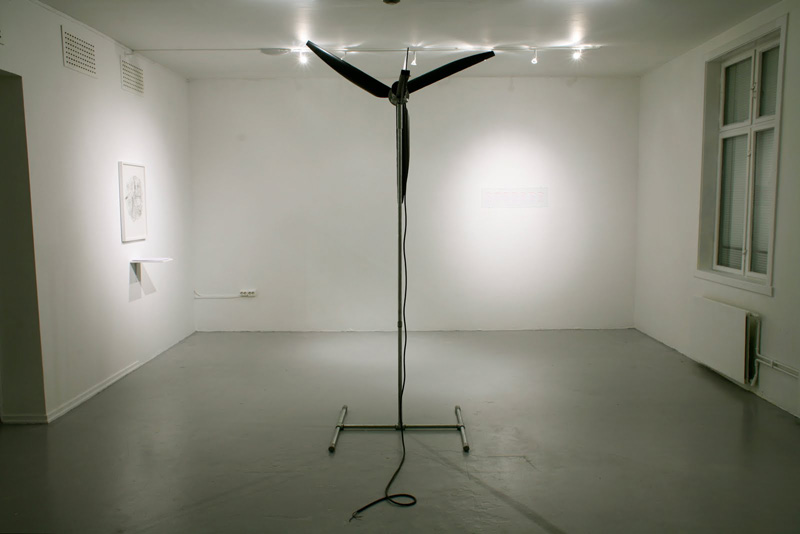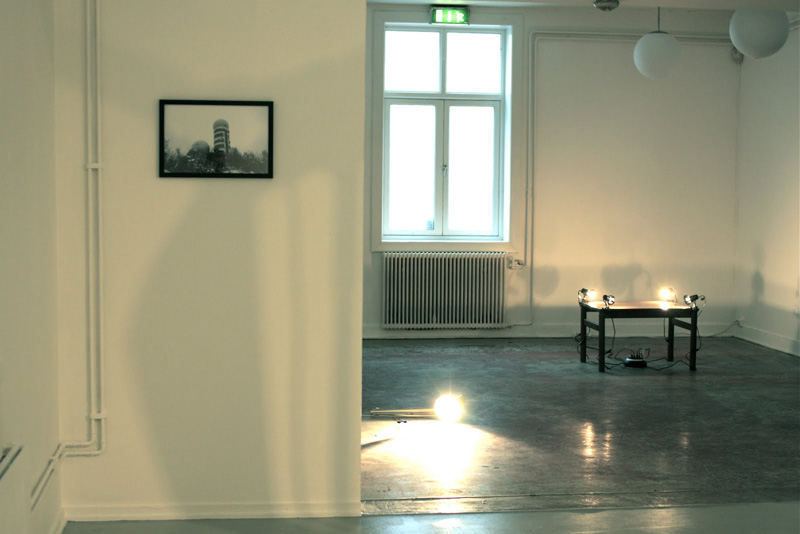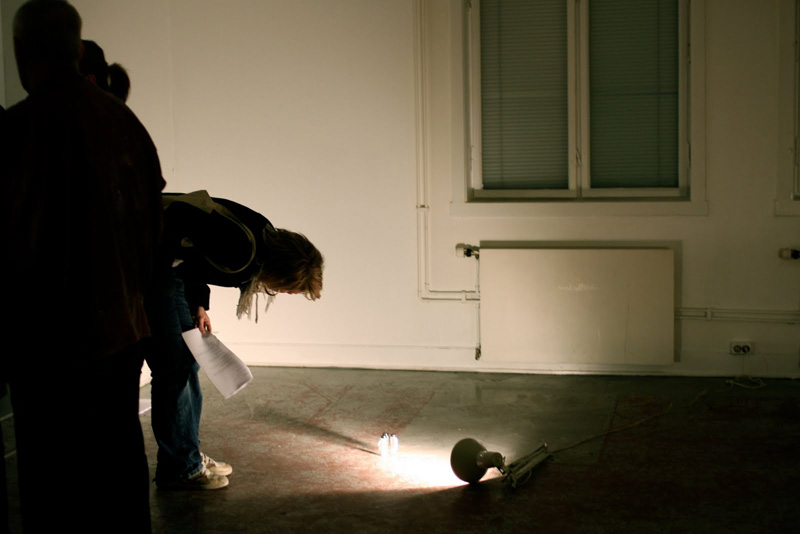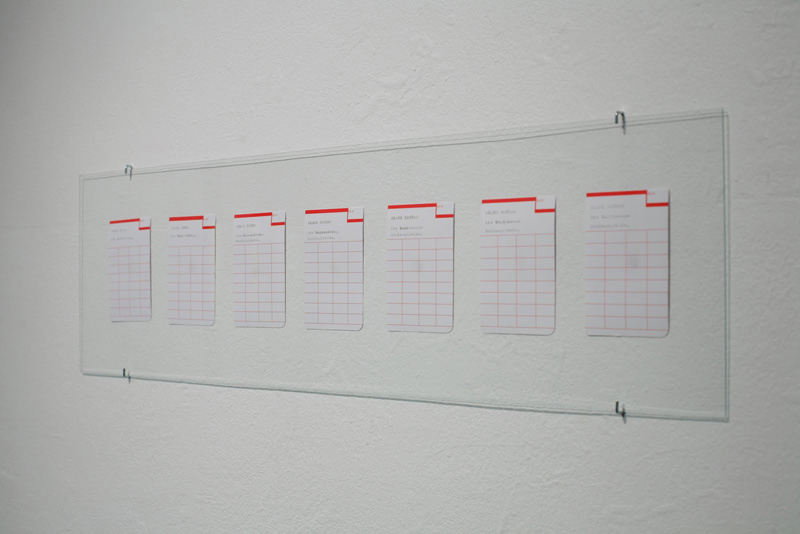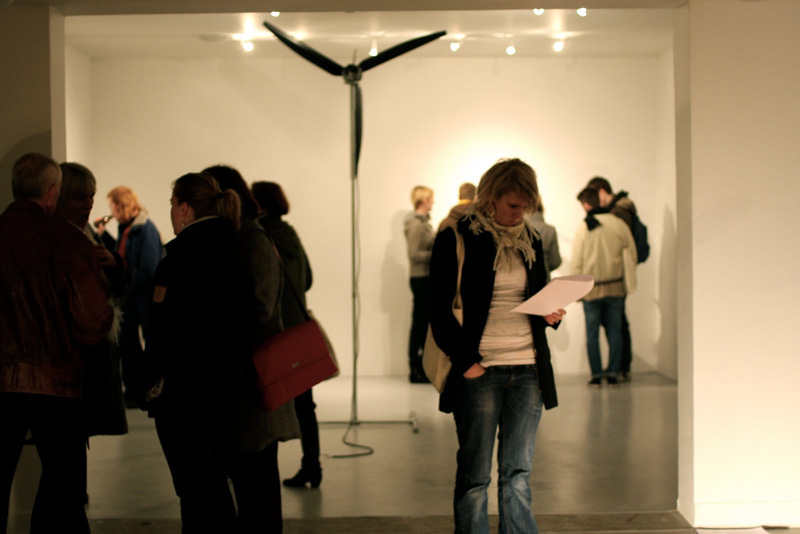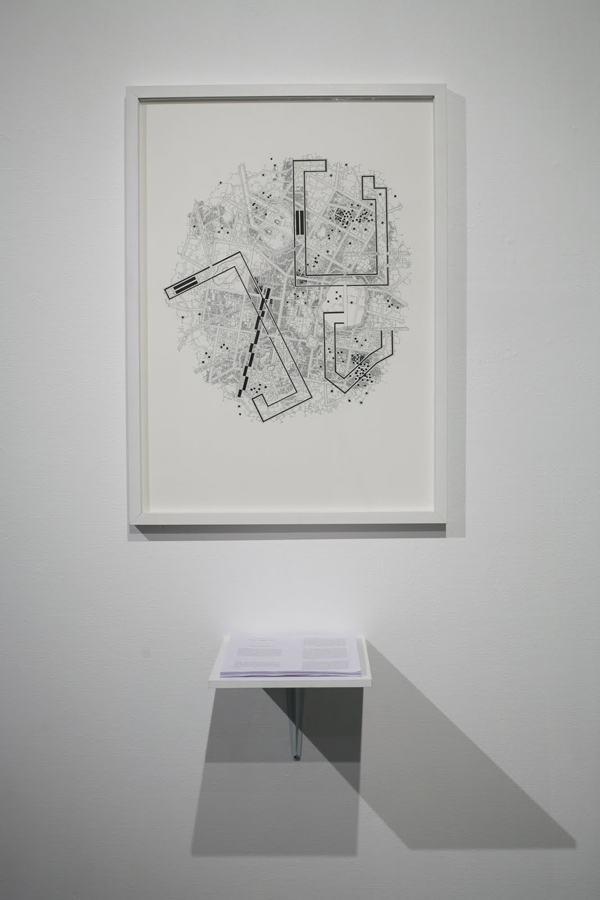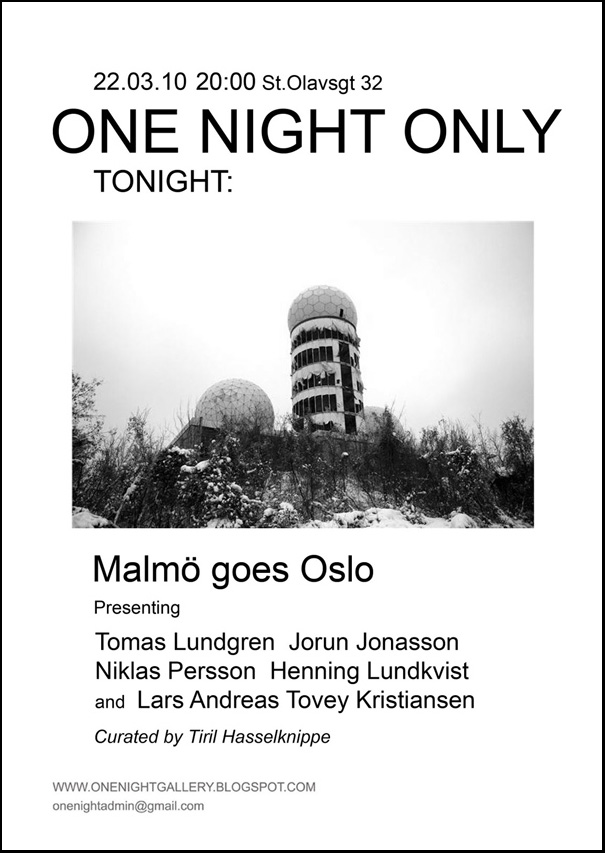
Malmö goes Oslo presenting
Sun Tzu said:
We may distinguish six kinds of terrain: Accessible ground, entangling ground, temporizing ground, narrow passes, precipitous heights and positions at a great distance from the enemy.
Seven Searching Questions
(1) Which of two sovereigns is imbued with the moral law?
(2) Which of the two generals has the most ability?
(3) With whom lie the advantages derived from heaven and earth?
(4) On which side is discipline most rigorously enforced?
(5) Which army is the stronger?
(6) On which side are officers and men most highly trained?
(7) In which army is there the greater constancy both in reward and punishment?
There are different tactics on finding the third meaning; the obtuse meaning as proposed by Barthes. The inaudible loudness present in the work of Stanley Kubrick’s 2001: A Space Odyssey is one example, where the vacuum of time is seamlessly blended with the existence of a timeline, and from where a sense of otherness(Benjamin) emerges. In Ivan The Terrible by Sergei Eisenstein, however, every second is insistent in the saturation of baroque nature, and the silencio is here derived from the noise of actual noise. As a thesis I propose Malmö to be more closely related to Kubrick’s presentation of obsession in its precise nature, and further on draw the parallel between Oslo and Eisenstein’s saturated romantic roughness as the accepted overall style. If what is certain at one location is not at another the discrepancy will no doubt separate us. Spherical readings might be obvious enough from an aerial perspective, the question remains whether the style grounded in ourselves versus our locality.
The Moral Law causes the people to be in complete accord with their ruler, so that they will follow him regardless of their lives, undismayed by any danger.
Tiril Hasselknippe
Sun Tzu said:
We may distinguish six kinds of terrain: Accessible ground, entangling ground, temporizing ground, narrow passes, precipitous heights and positions at a great distance from the enemy.
Seven Searching Questions
(1) Which of two sovereigns is imbued with the moral law?
(2) Which of the two generals has the most ability?
(3) With whom lie the advantages derived from heaven and earth?
(4) On which side is discipline most rigorously enforced?
(5) Which army is the stronger?
(6) On which side are officers and men most highly trained?
(7) In which army is there the greater constancy both in reward and punishment?
There are different tactics on finding the third meaning; the obtuse meaning as proposed by Barthes. The inaudible loudness present in the work of Stanley Kubrick’s 2001: A Space Odyssey is one example, where the vacuum of time is seamlessly blended with the existence of a timeline, and from where a sense of otherness(Benjamin) emerges. In Ivan The Terrible by Sergei Eisenstein, however, every second is insistent in the saturation of baroque nature, and the silencio is here derived from the noise of actual noise. As a thesis I propose Malmö to be more closely related to Kubrick’s presentation of obsession in its precise nature, and further on draw the parallel between Oslo and Eisenstein’s saturated romantic roughness as the accepted overall style. If what is certain at one location is not at another the discrepancy will no doubt separate us. Spherical readings might be obvious enough from an aerial perspective, the question remains whether the style grounded in ourselves versus our locality.
The Moral Law causes the people to be in complete accord with their ruler, so that they will follow him regardless of their lives, undismayed by any danger.
Tiril Hasselknippe
